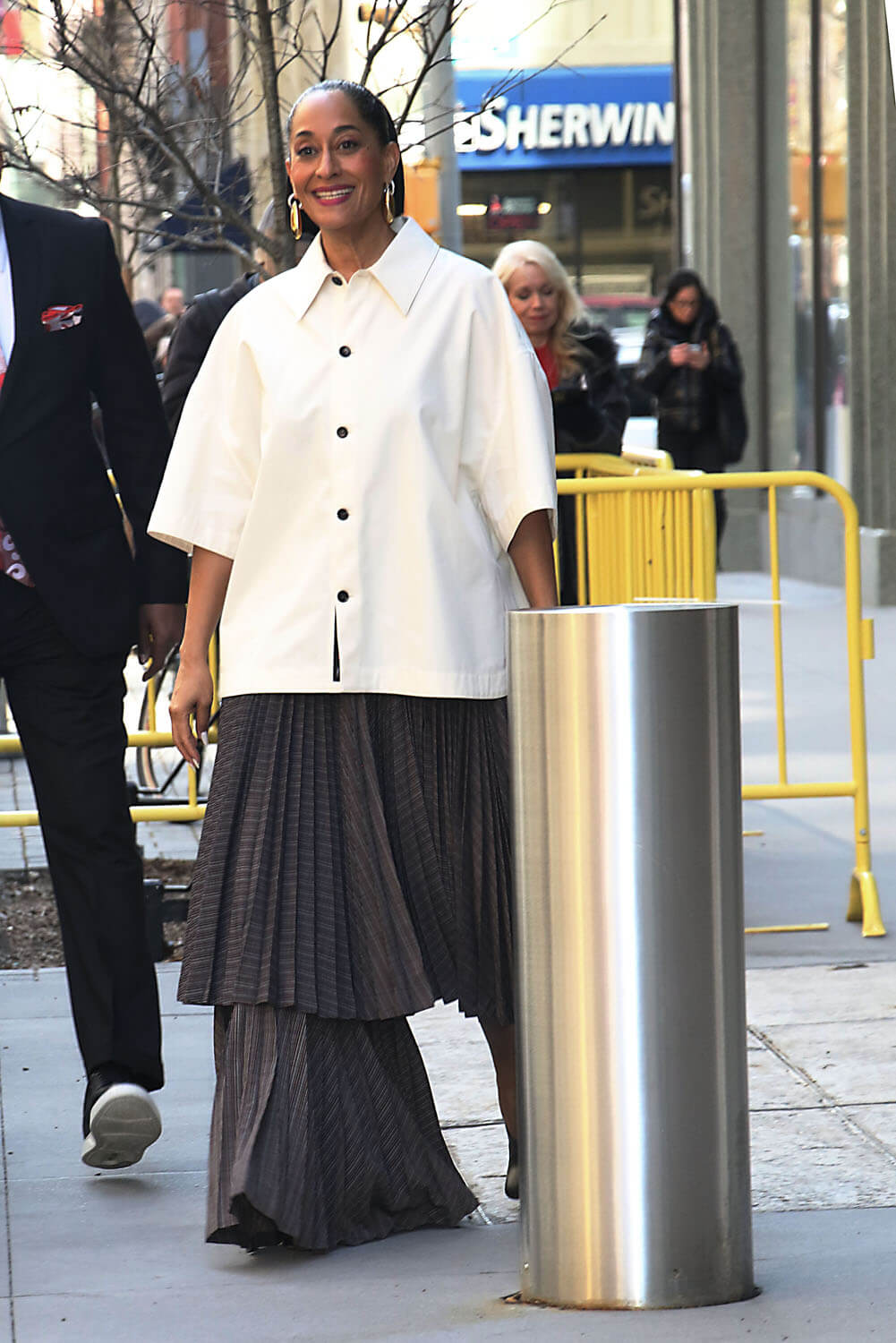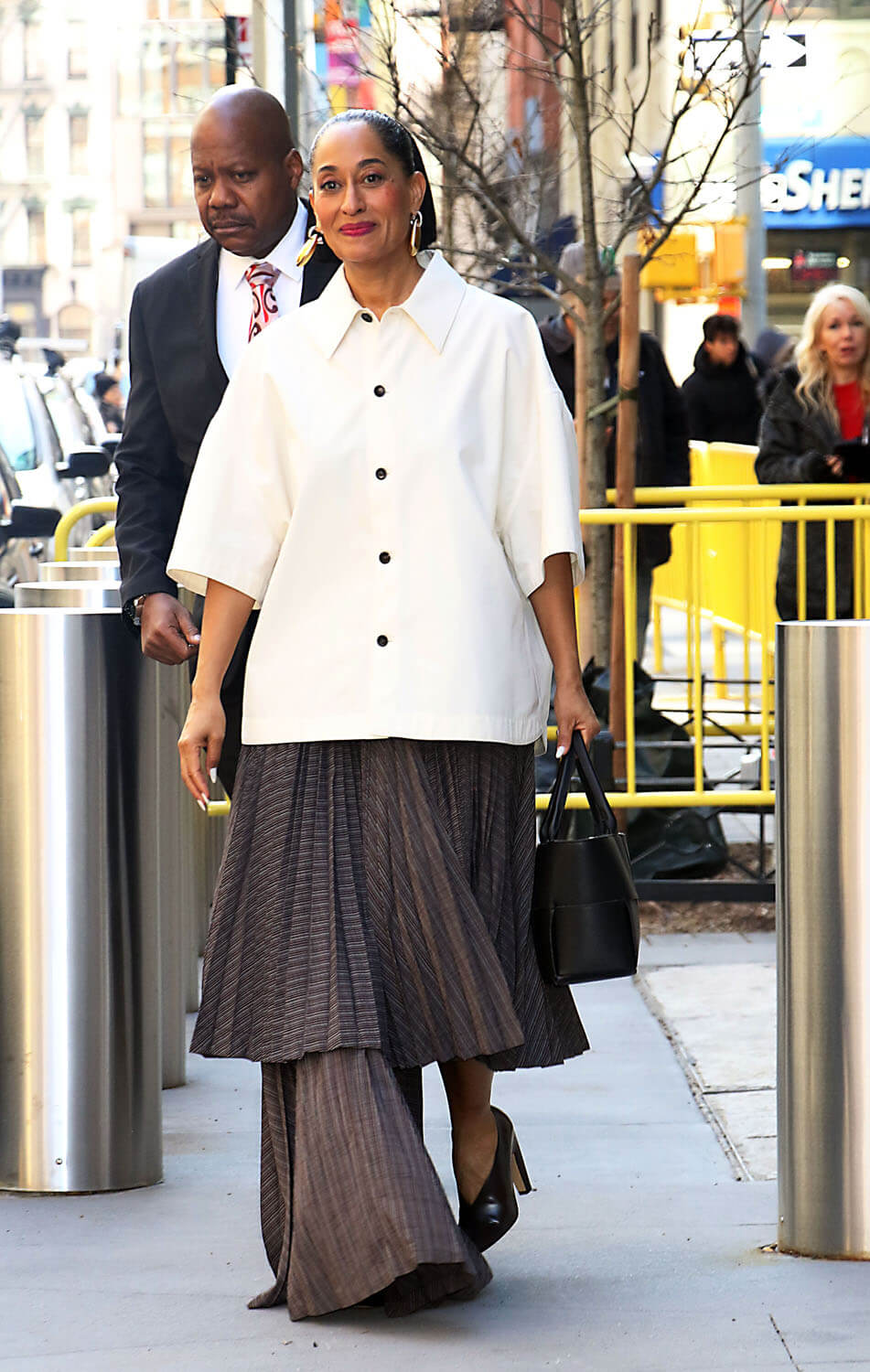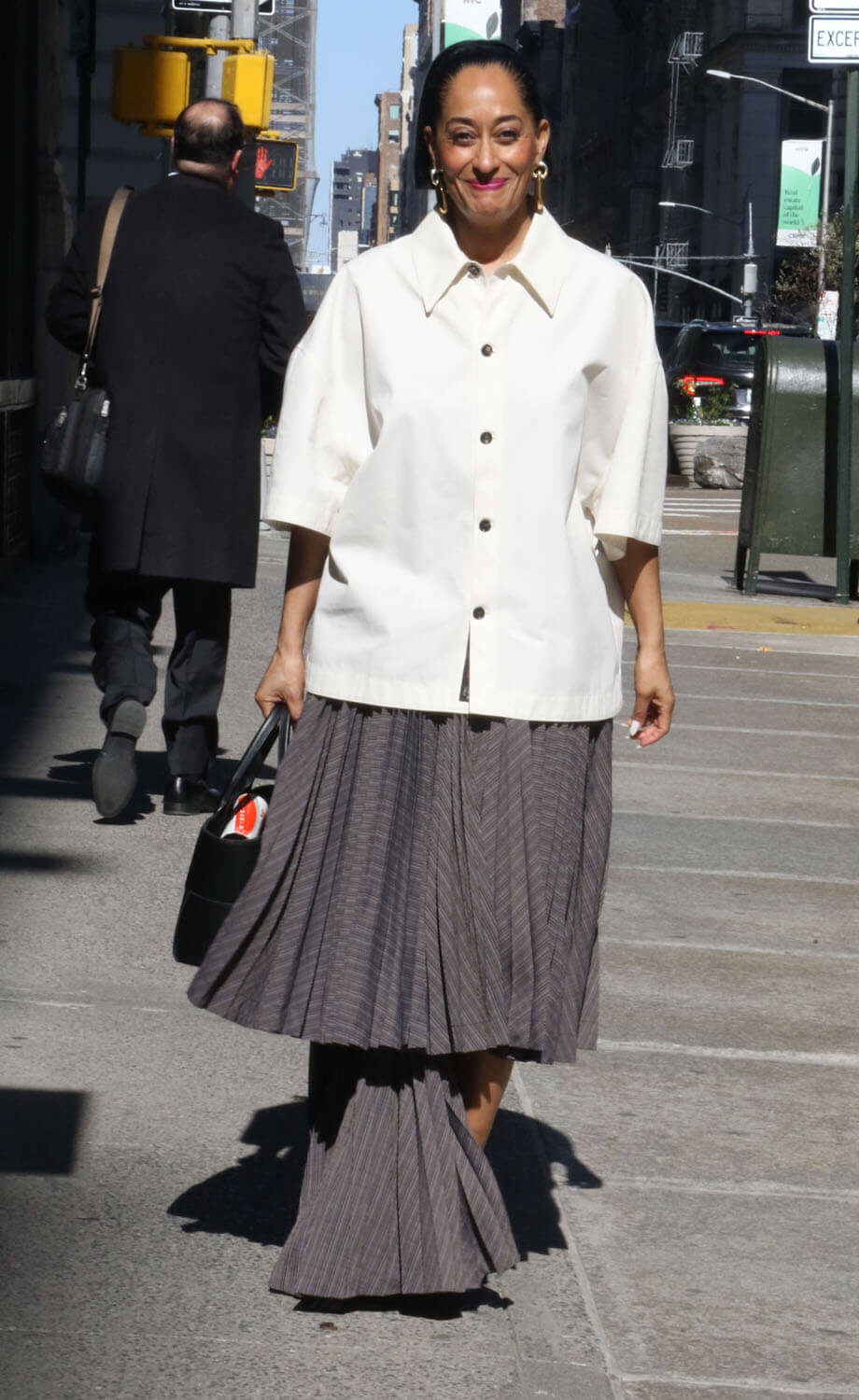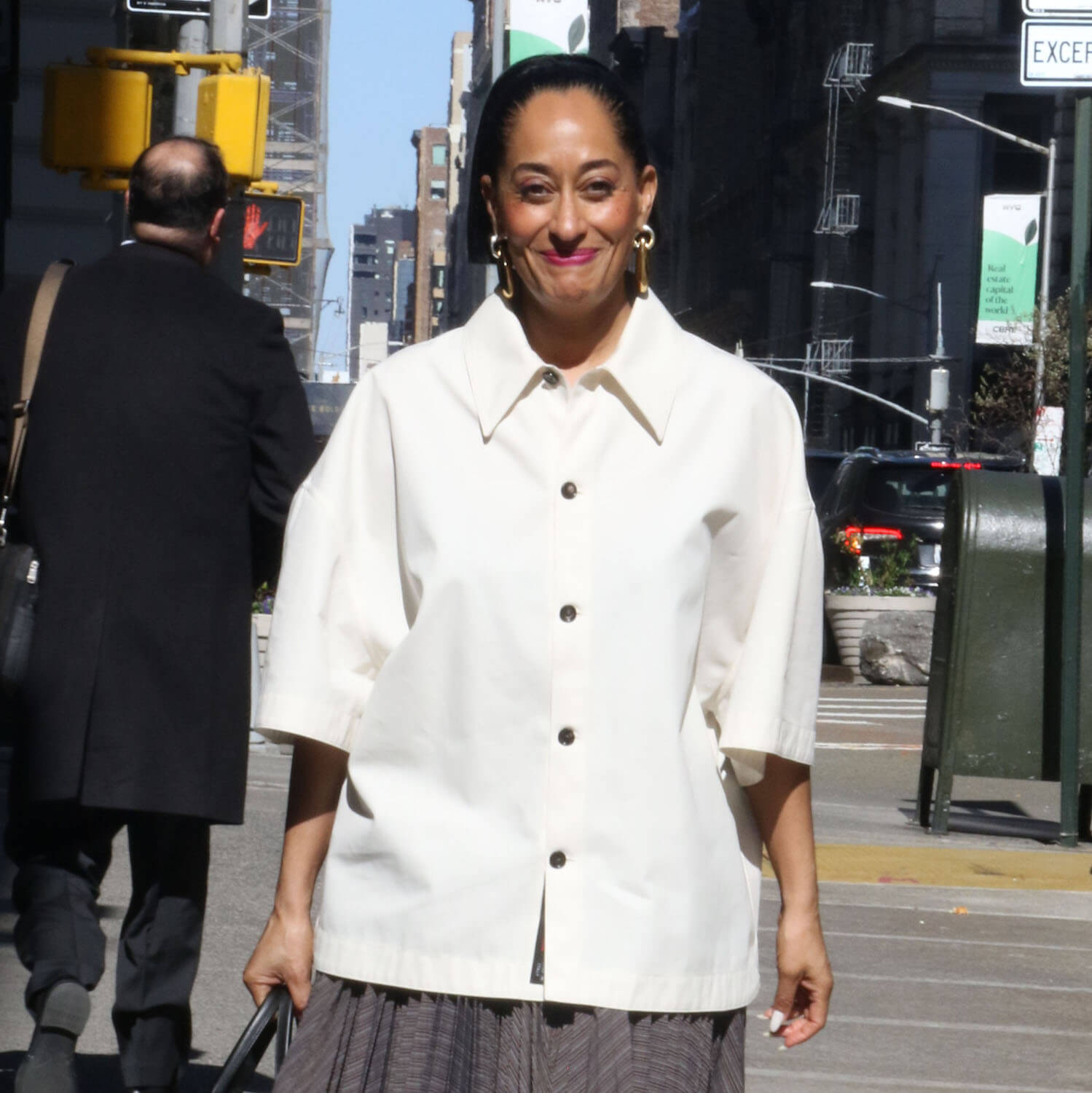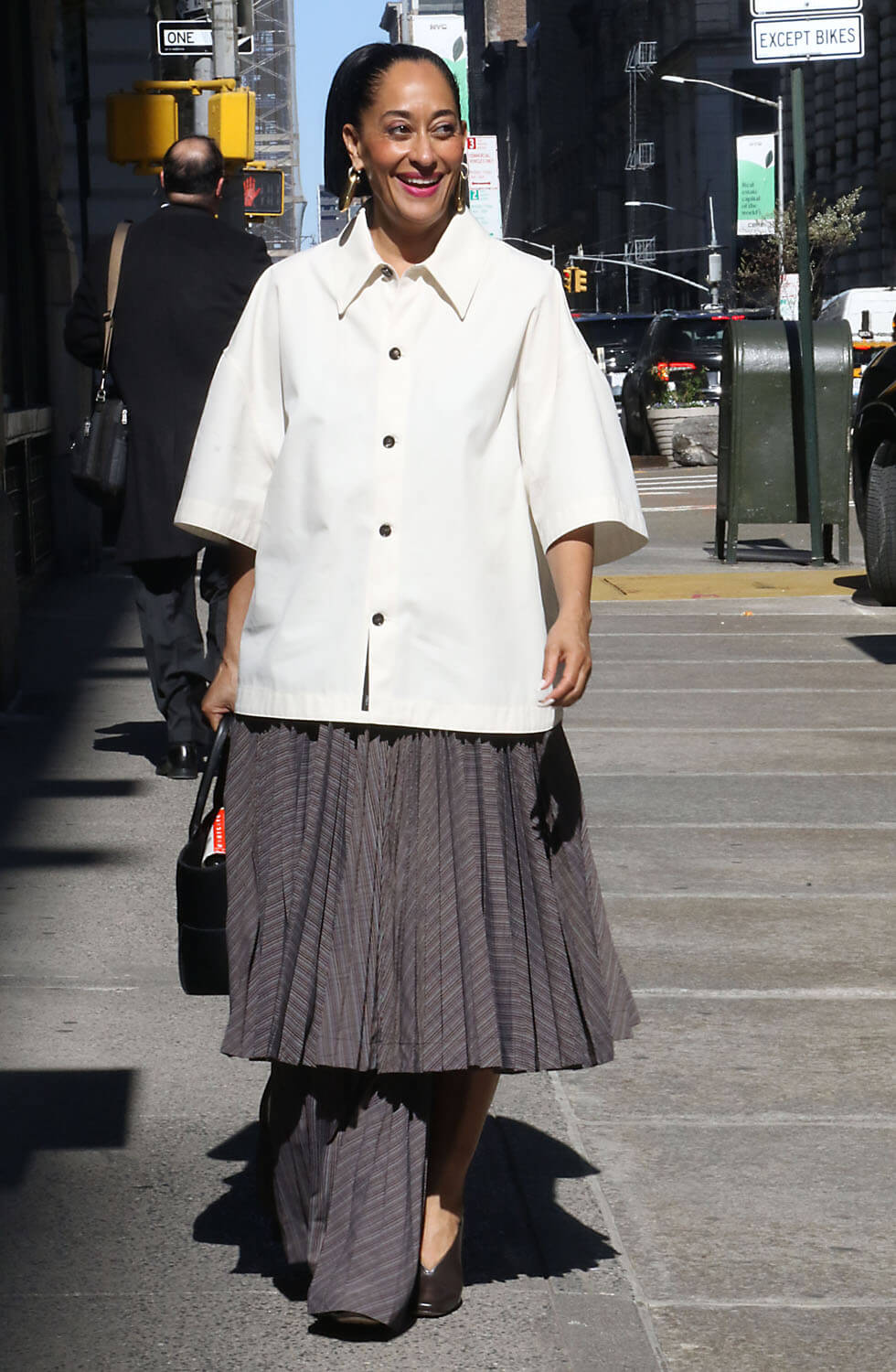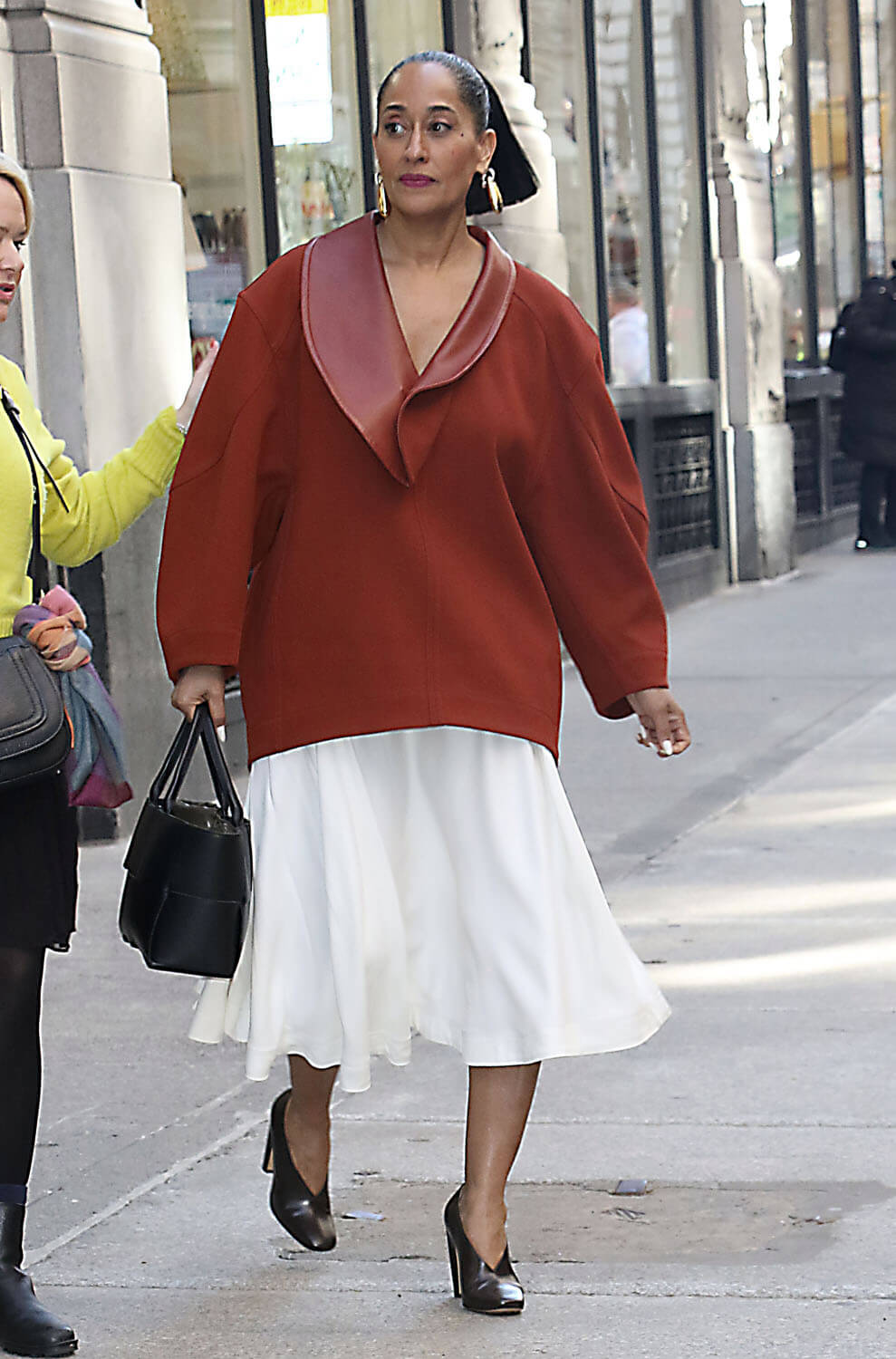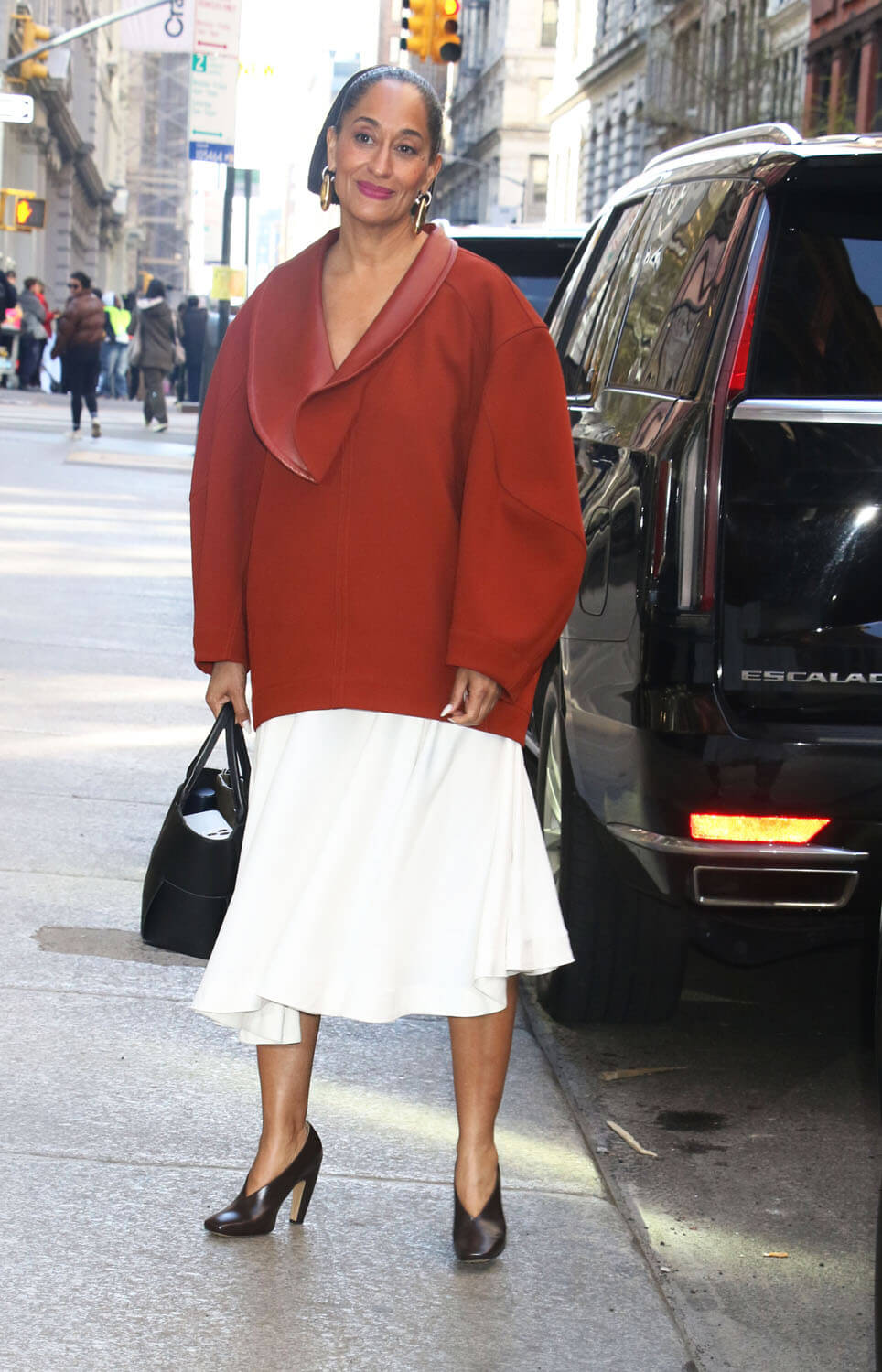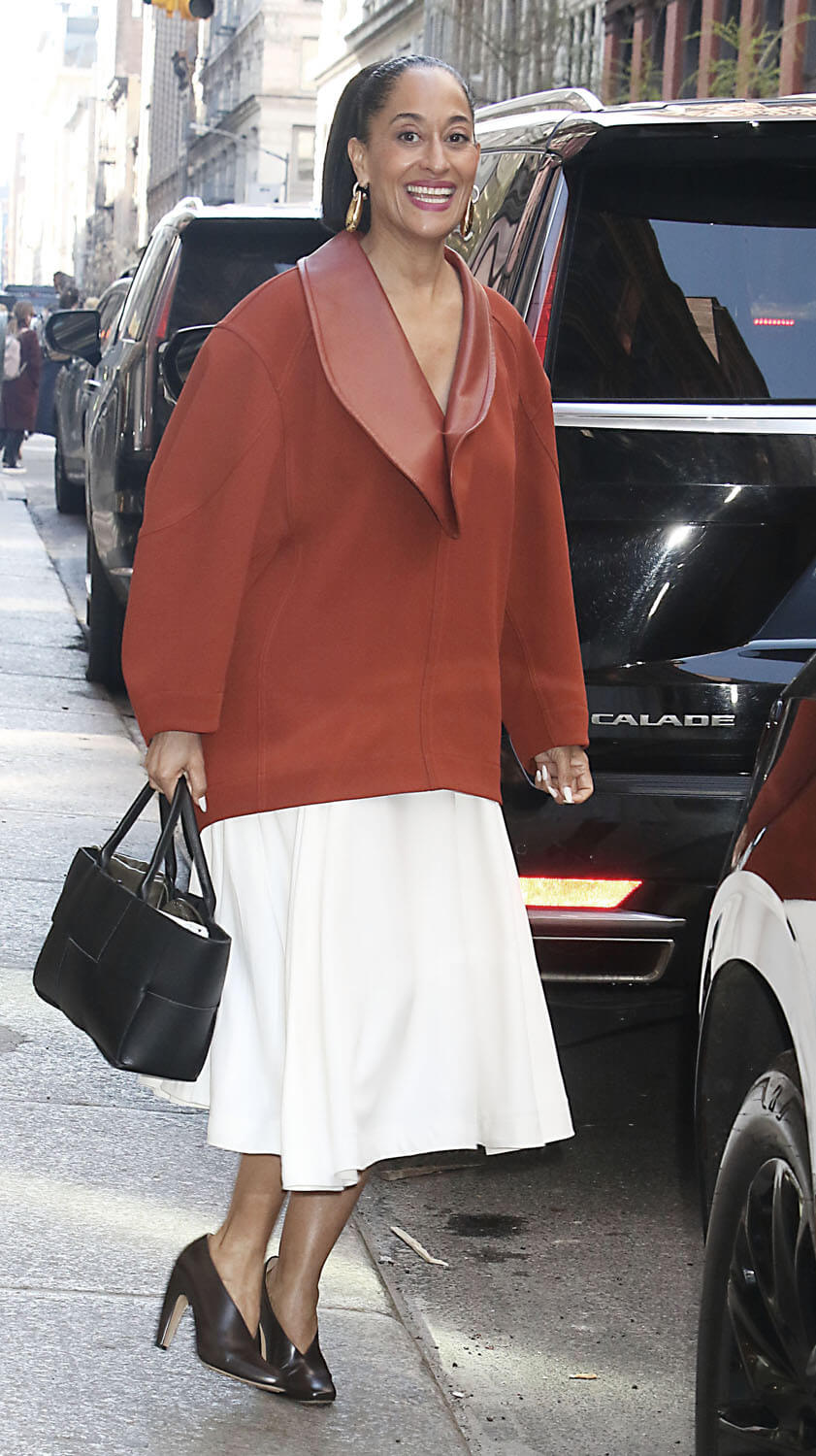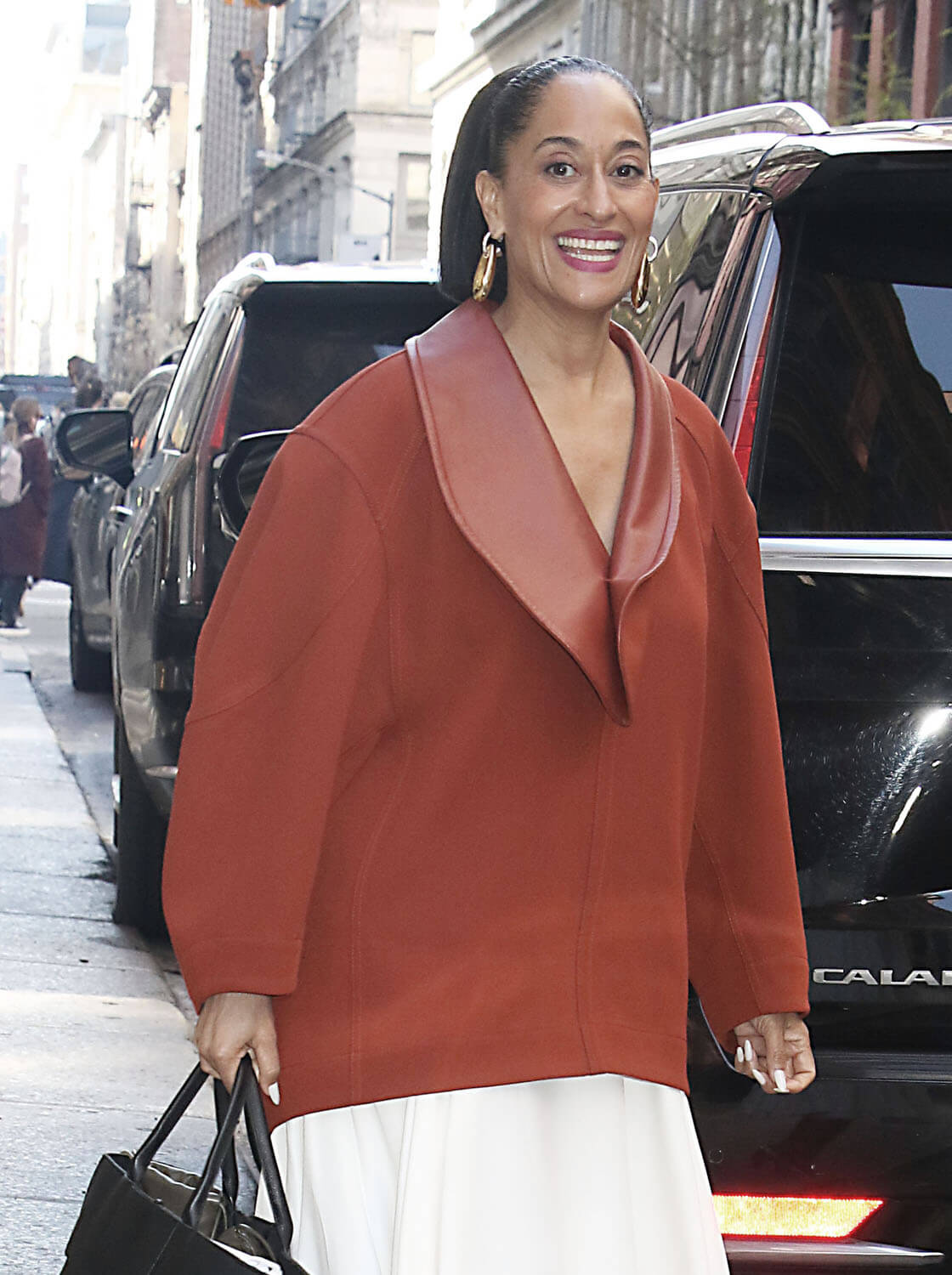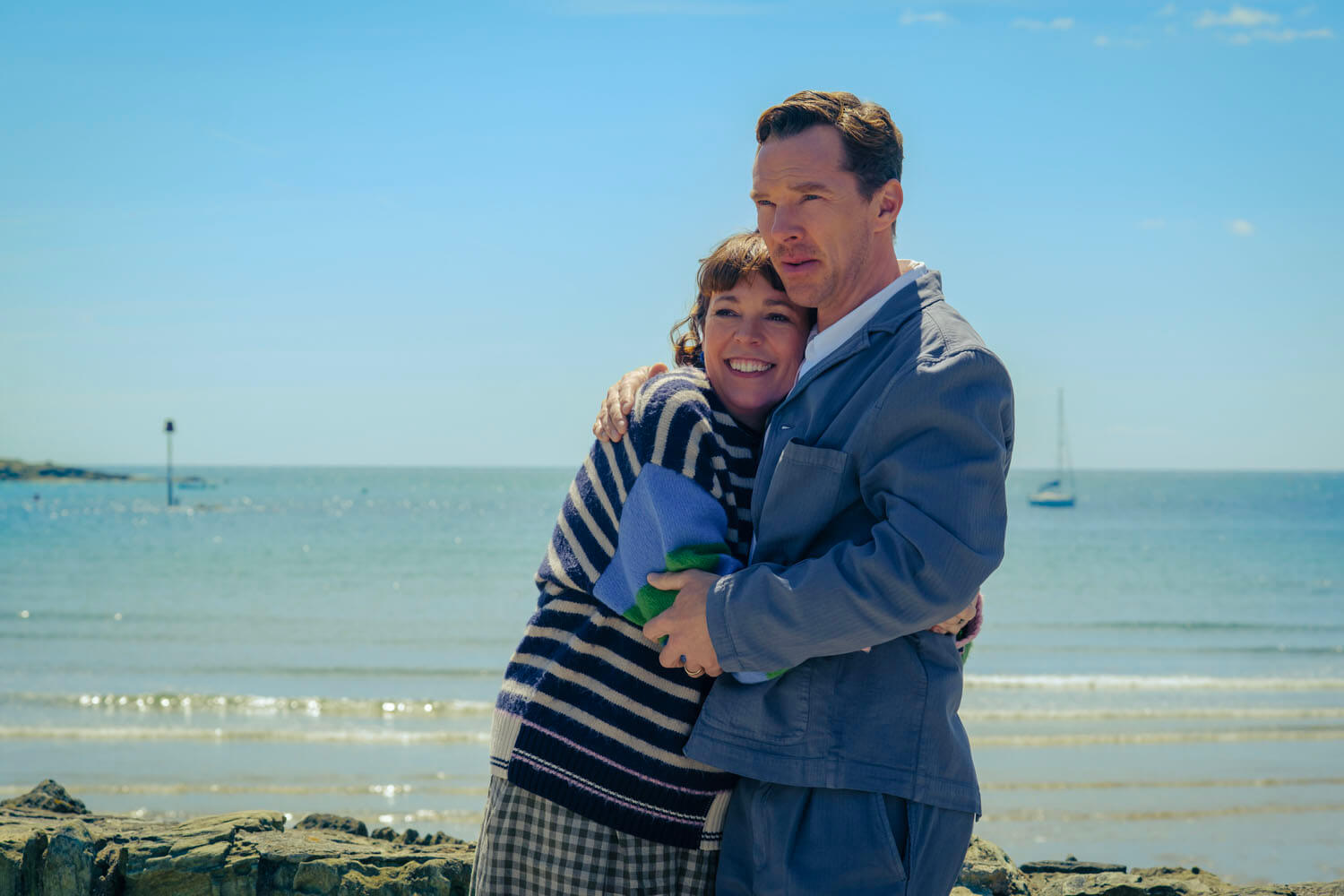Tracee Ellis Ross on choice and singledom


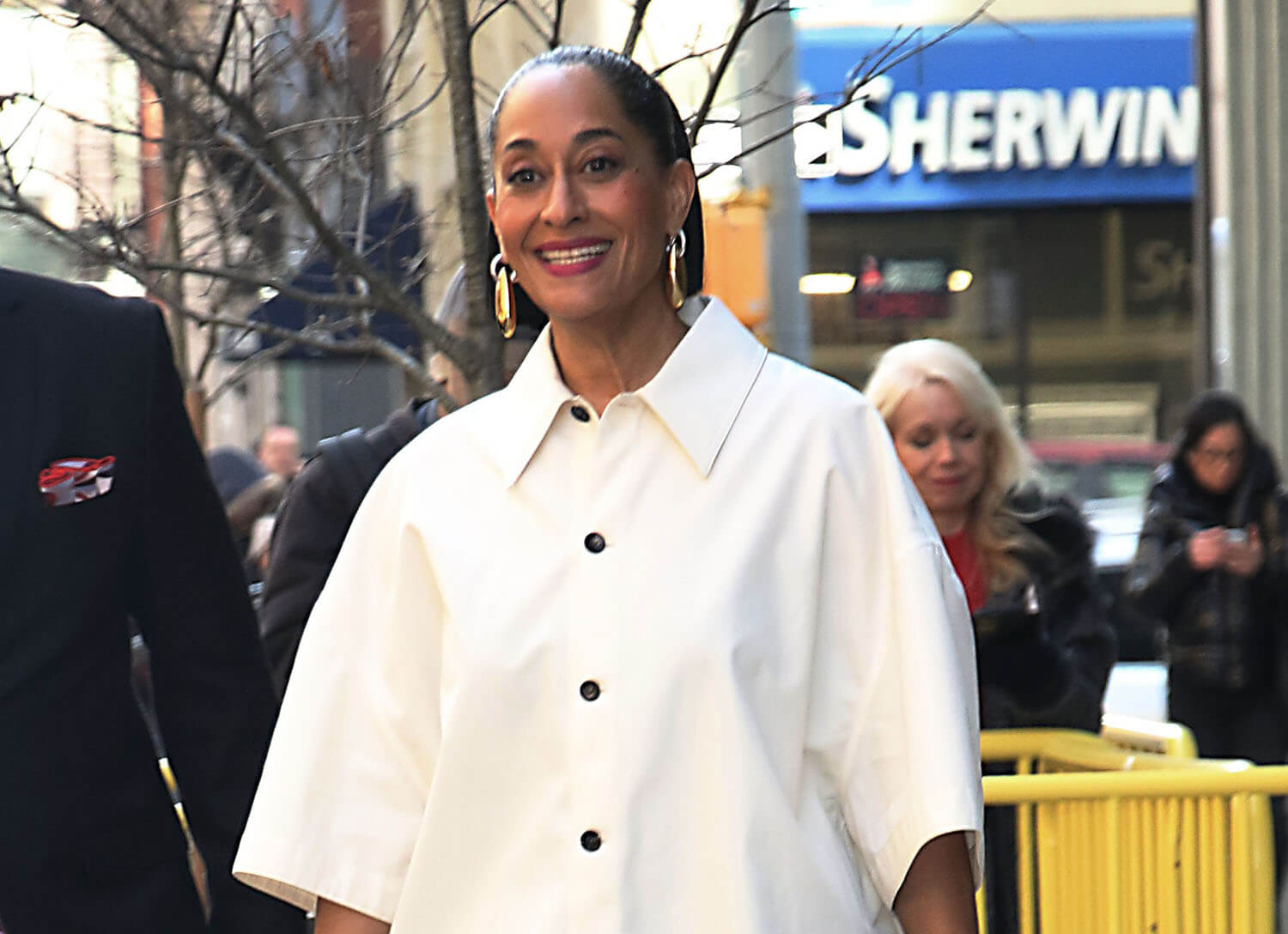
Tracee Ellis Ross was a guest on the IMO podcast hosted by Michelle Obama and her older brother Craig. During the conversation, Tracee spoke about the “fascinating adventure” of dating and the nuanced grief she experiences at times moving through life without a partner or children of her own. And while her remarks about being a choiceful woman were so profound that they earned a place in the title of the episode, the entire conversation was a beautiful and honest articulation about the myriad feelings and experiences an increasing amount of women can not only relate to but are also experiencing in their own lives.
“I’m one of the first generations of choice,” she said, early on into the conversation. “And I think that’s going to change dating for women so much.”
Michelle stopped her and asked that they go deeper on the concept of choice and the role it plays in dating – revealing Michelle to be not only our favourite former First Lady but also a skilled interviewer, an attentive podcast host and a woman who knows when to probe.
Tracee responded with the example of Roe v Wade and how women having control over their bodies has allowed them to exercise greater agency over their lives. Whether in the decision-making process about their bodies or the decision-making process about what they want in a relationship or whether they want one at all; bodily autonomy offers so much choice and power to women, and Tracee along with women of her generation were among the first to get to experience that.
She ascribed a lot of the issues we’re having today with the U.S. administration chipping away women’s access to birth control as an indication of inherently flawed generational thinking. This, she explained, is why she’s experimented with dating younger men – lauding their openness, touting their gender fluidity and being more open-minded about queerness.
“A lot of men my age are steeped in a toxic masculinity and have been raised in a culture where there is a particular way that a relationship looks,” she replied. “I did enough of it where I was controlled and felt like I was a possession or prize and I just have no interest in it and I will not do it again.”
Then, Michelle and Tracee got into the idea of being chosen, a concept that was especially prevalent in Michelle’s generation. She pointed to the example of a school dance. Girls had to be chosen to dance by boys – otherwise they were on the sidelines for the night.
“I had a guy say to me recently that you can’t make a man do anything he doesn’t want to do. But culturally, you can make a woman do a lot of things she doesn’t want to do because we’re trained culturally,” Tracee explained. “To acquiesce, that’s our role.”
Besides Tracee’s valued insight, I think the other thing that made this conversation so fascinating was the dichotomy of the speakers. On the one hand, you have Michelle, who has spent about half her life being a wife, spending three decades with Barack Obama, one of which we know was not so enjoyable for her - which prompted me to write one of the most honest and research-backed pieces I’d ever written around why more and more women are opting out of romantic relationships and pursuing more platonic friendships, more sisterhood, more education, more career, more travel and more happiness.
And on the other hand, you have Tracee, who, despite being just ten years Michelle’s junior, is saying what a growing number of women are saying, while also very accurately capturing the layered feelings that come with that. This must be incredibly validating for a lot of women who aren’t always allowed the space to lament over a lifestyle that they may want, but know better than to actually pursue due to the probability of discontentment. It’s an astute representation of the evolution of thought that comes with each generation.
“I did dream of my wedding growing up,” Tracee said. “And that’s not to say I didn’t dream of the bigness of my life, but I could have spent a lot more time dreaming of my life. And, you know, as much as grief does surface for me around not having children and not having a partner, I still wouldn’t want the wrong partner.”
This is where her remarks about choice come to life. Women are no longer satisfied with simply being chosen. We are feeling more empowered – and more than just accepting the invitation for partnership when it comes along, be it at a school dance or for a lifelong marriage, we’re thinking more critically about what we want partnership to look and feel like. And a lot of us are facing the ever-difficult decision of foregoing marriage entirely than risk, as Tracee said, committing to the wrong partner.
According to this study, 89% of the world’s population lives in a country with declining marriage rates. The group that arrived at this conclusion were a team of anthropologists determined to know why marriage was becoming less appealing for women. So they collected ethnographic accounts from women across the world, following them for decades and collecting information about their marriages.
Through their ethnographic studies, anthropology professor Dinah Hannaford and her colleagues found that for women, infidelity, increasing career opportunities and independence, and finding more security living with their parents and siblings were all contributing factors to choosing to go it alone, like Tracee has, instead.
The research paints a clear picture. And not just the research conducted by Dinah et al in recent years, but the research conducted by so many others that have looked into this fascinating topic. In my piece about Michelle Obama, I cited the work of Jessie Bernard, a sociologist who, more than 50 years ago in 1972, suggested that heterosexual couples experienced “his and hers” marriages, where men were usually happier. Half a century later, research upholds that idea, determining that single women and married men tend to be better off than married women.
But what, then, do we make of the grief that Tracee and so many others feel, not getting the wedding they dreamed of as children, even if they seemingly have the success that not even their dreams could’ve prepared them for? And not having the family they imagined, but having a jam-packed social calendar and an extensive network of loving friends and supporting family?
“Even though the grief does emerge and that comes and I hold onto that, I think of what I’ve done and I think that I woke up every morning trying to do my best,” she said.
According to Tracee, we have to do our best to look for fulfillment elsewhere. We're Squawking about Tracee today - join us! (App link here)
Attached - Tracee making promotional rounds for Black Mirror last week in New York.

